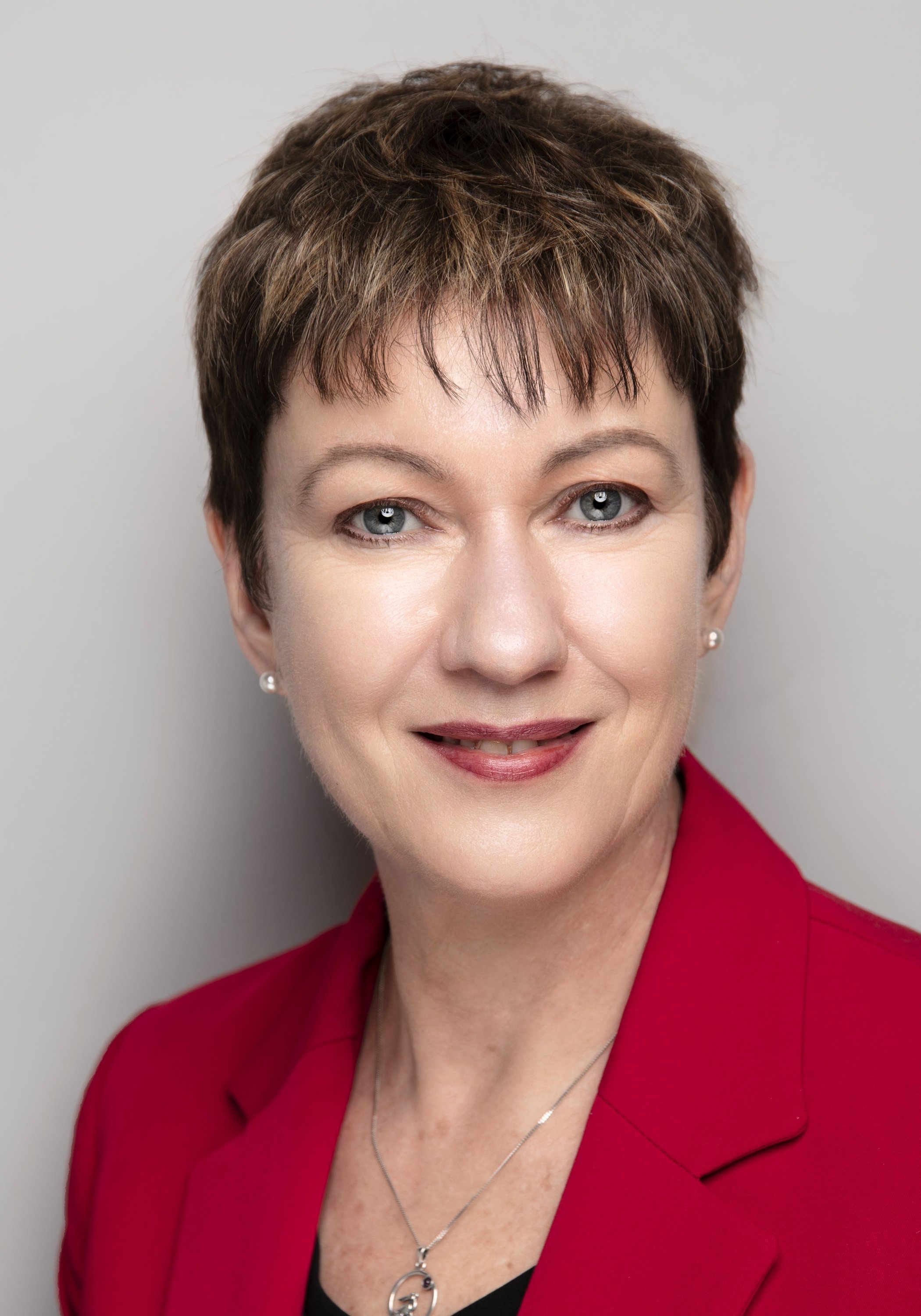Family Law Courts – embrace reporting journalists

Under a new pilot scheme in family law courts launched this week in Leeds, Cardiff and Carlisle courts, journalists will be able to report what they see and hear. This brave move is to improve the transparency in the justice system. The starting point will be that accredited journalists and legal bloggers can report on the proceedings provided they protect the anonymity of the families involved.
Currently, journalists can only attend court in limited circumstances and there are restrictions on what may be reported to protect the privacy of children in cases.
If the pilot scheme is successful following external evaluation, Sir Andrew McFarlane, President of the Family Division, suggested that the scheme would be extended to all family law courts in England and Wales.
Sir Andrew McFarlane: it’s a “really big change”, “for many years the issue of opening-up the family courts to greater scrutiny had “sat in the too difficult box” owing to the challenge of “squaring the circle” of improving public confidence while retaining the anonymity of children and parents.”
Nearly 250,000 cases go through the family justice system each year, with the courts having the power to make life-changing decisions about children, including care orders and determining living arrangements.
New rights for journalists
Journalists will be issued with a “transparency order” and provided with key court documents. They must not publish any details that could identify the family involved, but will be able to name local authorities and high-level individuals involved in a case, such as court-appointed experts.
Another significant change is that lay parties will be permitted to talk to journalists and give interviews anonymously; under current law they could be found in contempt of court for doing so.
Judges to have the final word
The judge will retain discretion to ban reporting or vary the standard transparency order if justified by the circumstances of the case.
This is an important step forward. Having journalists “in the room” could mean local authorities and judges are more accountable for their decisions.
Mrs Justice Lieven, who has led the group that devised the pilot, said the family courts made “the most draconian orders about families that it is possible to contemplate”.
She said: “We are taking children away from their birth families and in some cases, indeed many cases, severing links to the birth family for the whole of that child’s childhood, often in the face of the fiercest opposition, and we are doing that without any public scrutiny and that feels to me deeply uncomfortable. Being open and transparent is a way of raising standards in the justice system.”
Helen Shaw, Family Solicitor at Lawson-West Solicitors in Leicester added:
“Journalists have been held back for years by the law from reporting on many family law cases. Now, many more family law cases will be opened up to journalists and therefore legal judgments can be scrutinised by the public.
Under the pilot scheme, there is still scope for the judge to close certain sessions where very sensitive testimony is to be heard and journalists will still have restrictions on what they can and can’t publish (including family names), but this significant move by the family courts means that many more cases will be in the public domain.
There are arguments against the lifting of restrictions. Family cases are often very sensitive, with strong emotions involved on all sides and could be subject to sensational or biased reporting.
But there are very good reasons for allowing more transparency. It will enable the public to gain a greater understanding of how the legal system works, and why the courts make certain important decisions in relation to families and children. And it will lead to the judicial system becoming more accountable. On balance the lifting of restrictions should be a good move, and it will be interesting to see how the pilot scheme is received."
If you have a family matter and need family law advice for you, or your family, please Contact Us. We’re here to help.
View all


